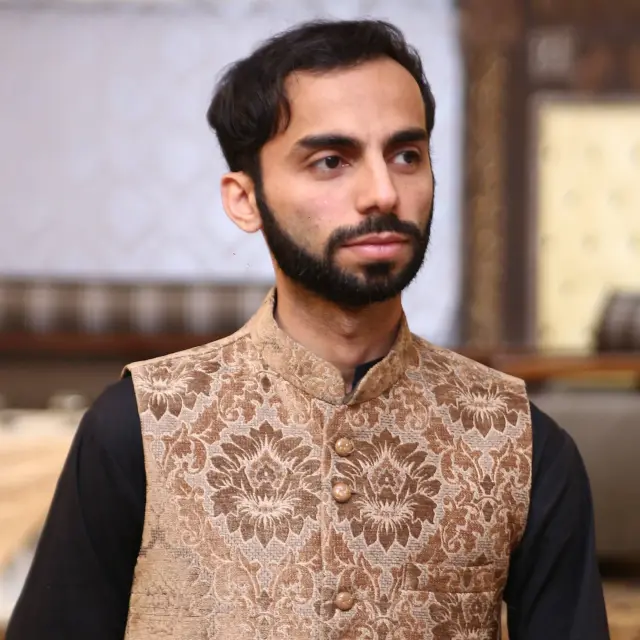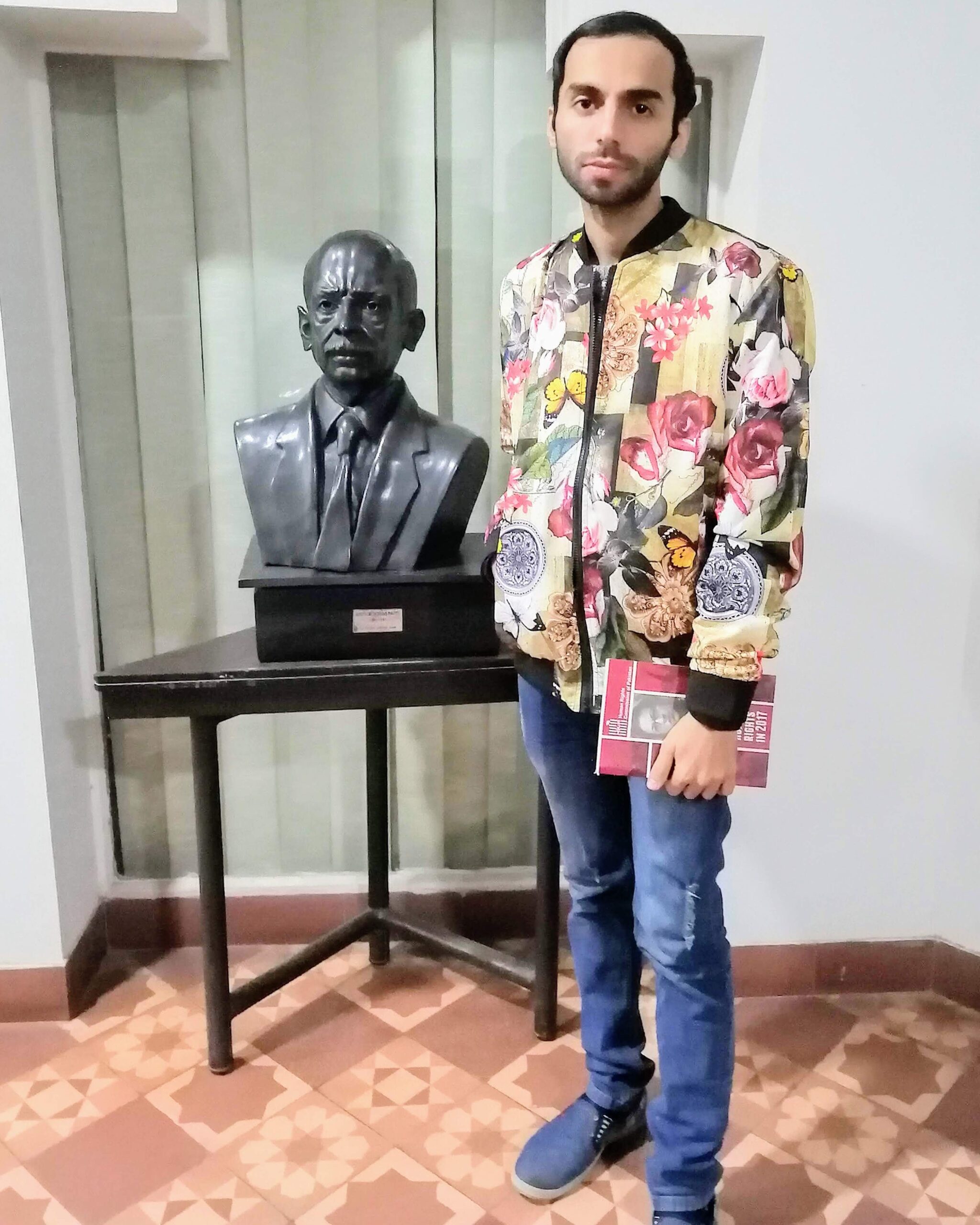Category: What I am Doing Professionaly
-
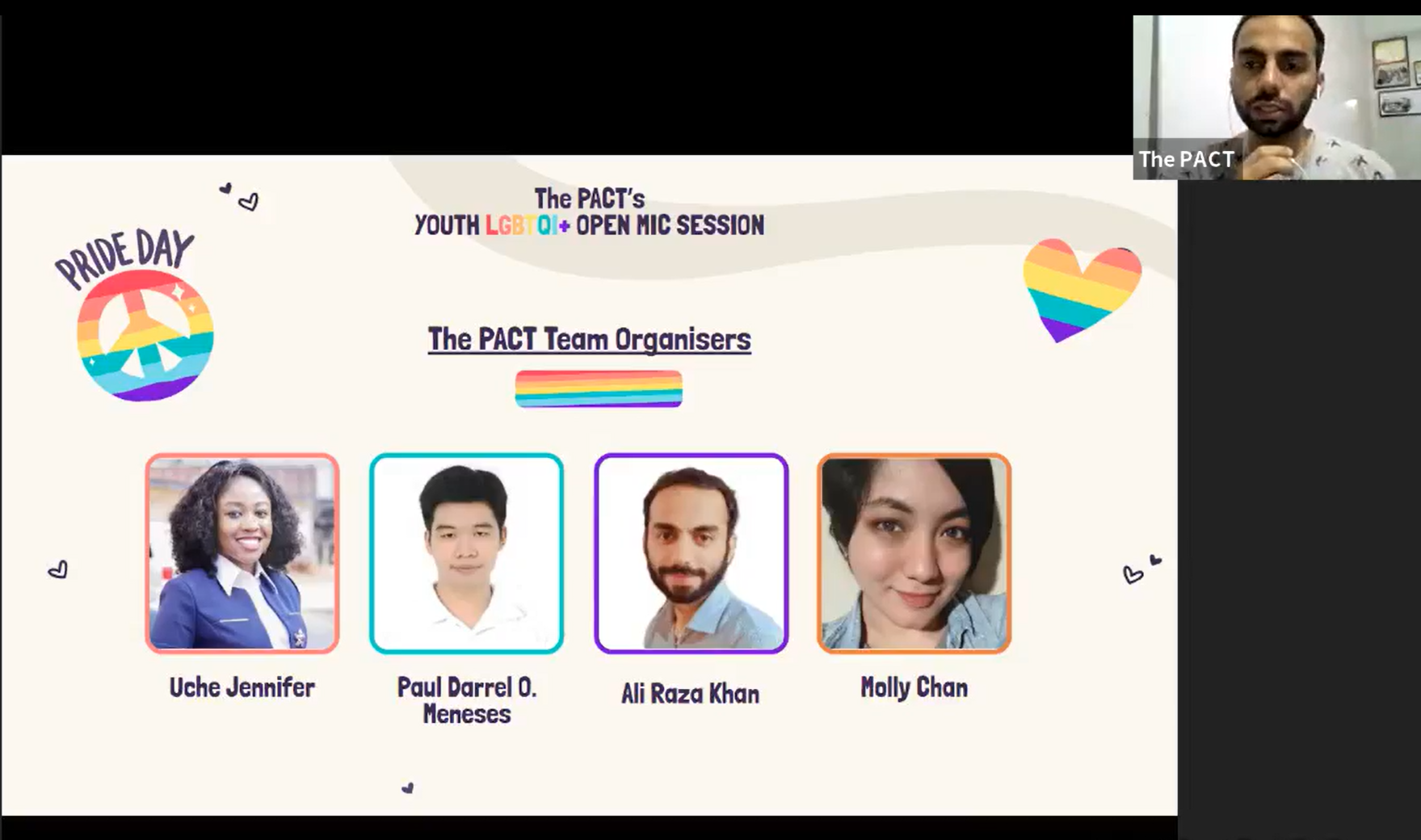
Pride in the Post-Pandemic World: A Youth LGBTQI+ Open Mic Session by The Youth PACT Organisation
On June 18th, 2022, TheYouthPACT.org hosted an impactful “Youth LGBTQI+ Open Mic Session” titled “Pride in the Post-Pandemic World.” As a volunteer coordinator for the advocacy working group at TheYouthPACT.org, I, Ali Raza Khan from Pakistan, had the privilege of co-hosting this session alongside Paul Darrel Omenesis from the Philippines. The session commenced with an…
-
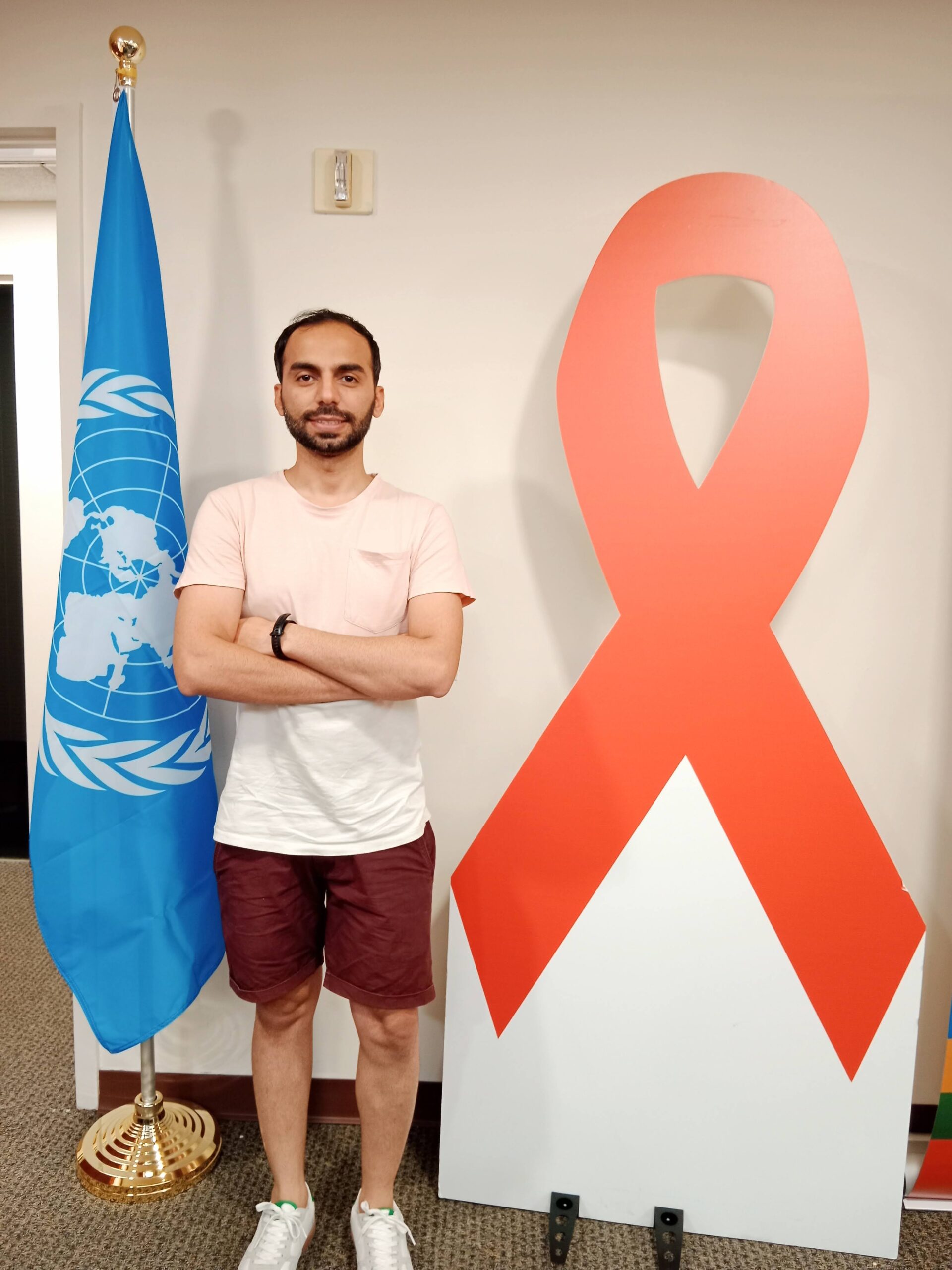
Eamonn Murphy’s Testimony for Ali Raza Khan
In a heartfelt testimony during a UN high-level meeting debrief for young people living with HIV and young key populations, Eamonn Murphy, UNAIDS Director for Regional Support Teams for Asia Pacific and Eastern Europe and Central Asia regions, extended his appreciation for Ali Raza Khan’s remarkable activism. Ali Raza Khan, a HIV positive gay activist,…
-
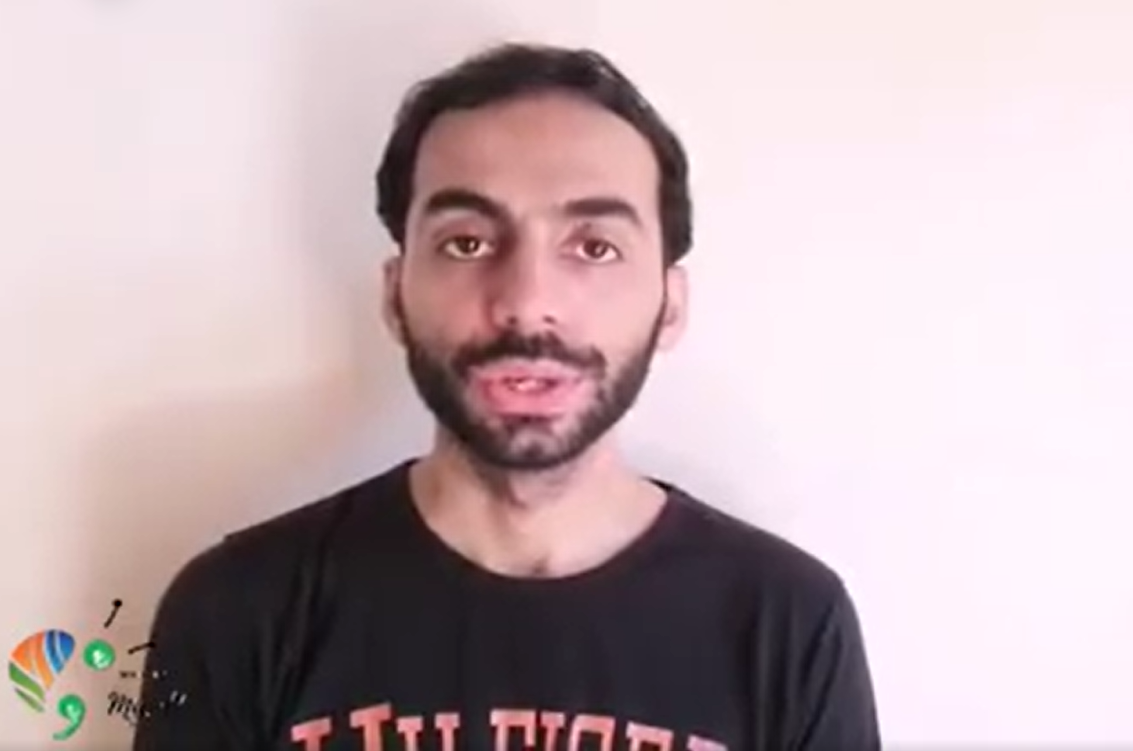
National Stop Bullying Day 2020 : A Call to Action from Ali Raza Khan
National Stop Bullying Day, observed annually, serves as a crucial reminder of the pervasive issue of bullying and its detrimental effects on mental health. In 2020, this day took on even greater significance as the world grappled with the challenges of increased online interactions and the rise of cyberbullying. Ali Raza Khan, a dedicated mental…
-
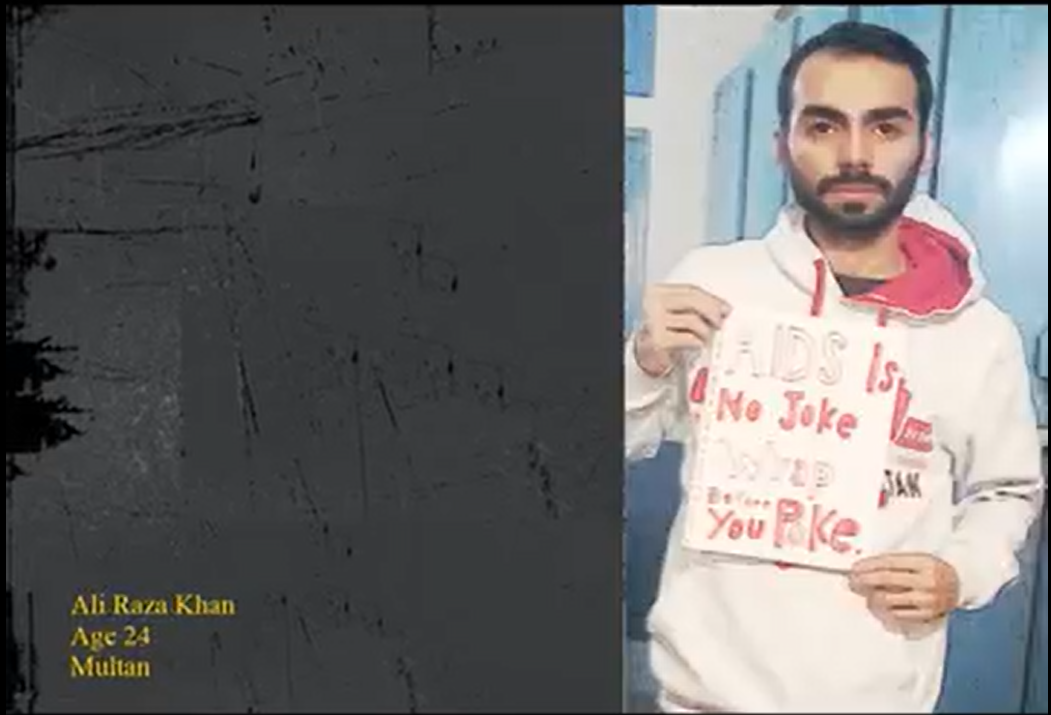
Youth Activism on World AIDS Day 2016 : Ali Raza Khan’s Message of Awareness
On World AIDS Day 2016, the Hamqadam Youth Participation for Empowerment (HYPE) team in Multan came together to raise awareness about HIV/AIDS. With the support of Rutgers WPF Pakistan, this passionate group of young activists aimed to educate their community and combat the stigma associated with HIV. Among them was Ali Raza Khan, a 24-year-old…

